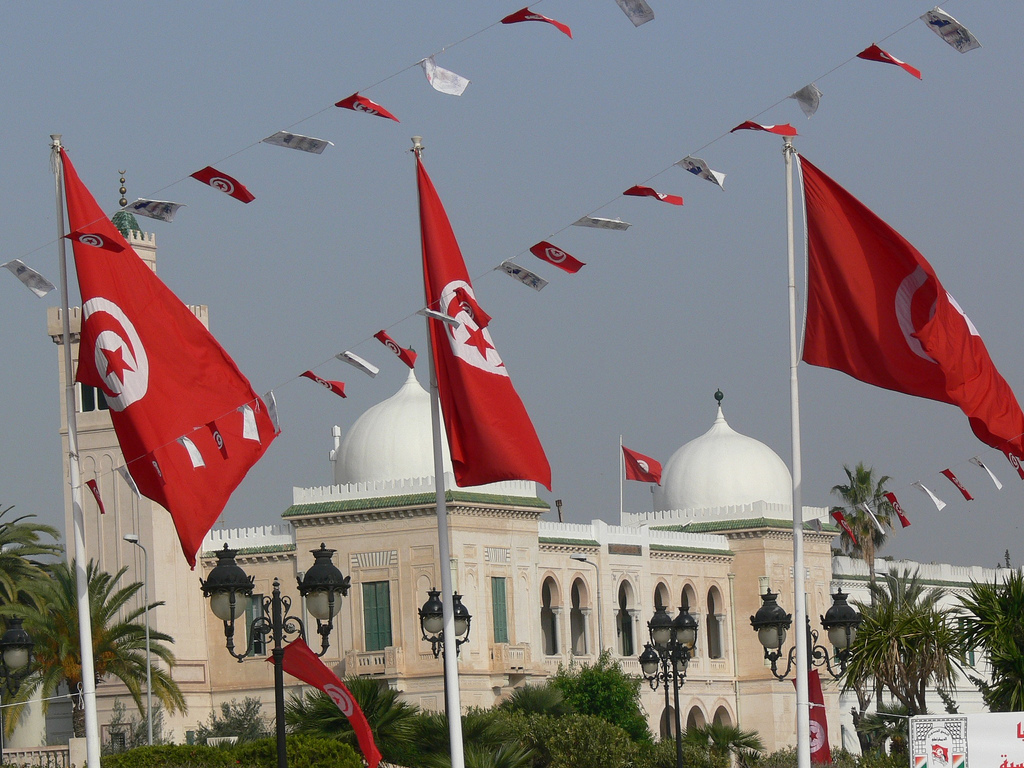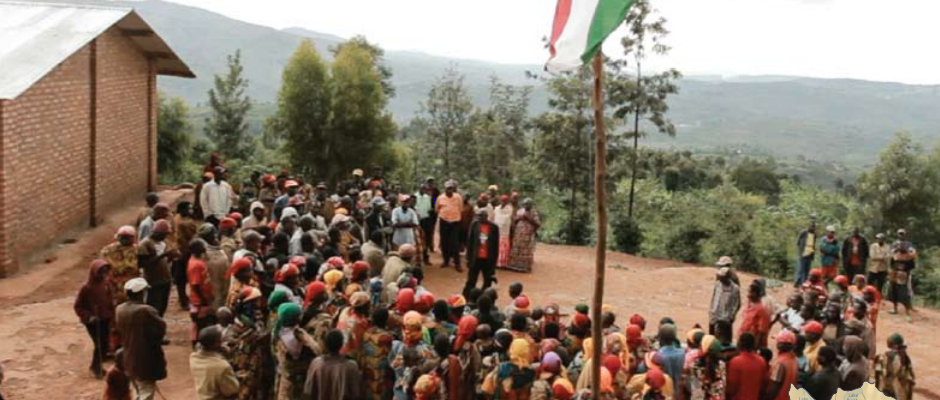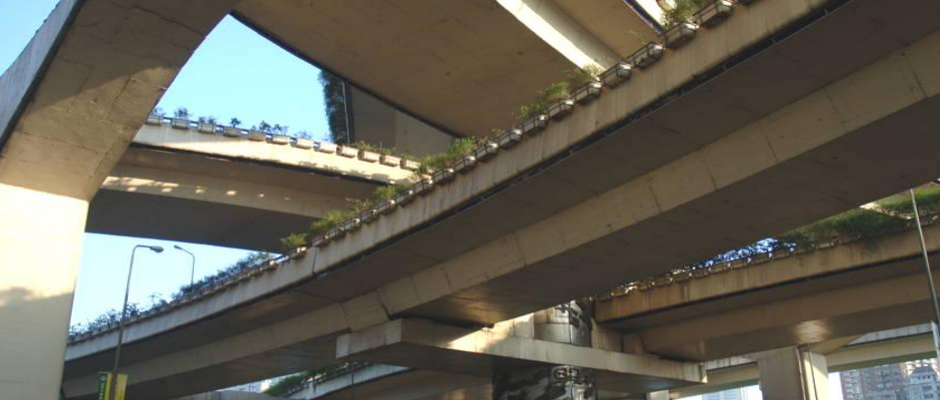
“Transparency,” “good governance,” “access to information,” “citizen engagement,” and “inclusion,” have all been buzz words In Tunisia since its largely peaceful, political revolution in 2011. Civil Society Organizations (CSOs) have since been trying hard to see these concepts put into practice, partly by using a new access to information law, but also by calling on the donor community to help.
The World Bank responded by taking the lead in creating policies and tools to enable a partnership between Tunisia’s administration and its civil society, one that will make it easier for Tunisia to meet standards set by the Bank’s worldwide Open Government Partnership. This initiative has encouraged governments everywhere to become more transparent, accountable, and responsive to their citizens. The ultimate goal is improving the quality of governance and services that citizens receive.
But although this started with ideas about making financial data on government spending public or “open”, simply posting it on the internet hasn’t been enough to make much of a change. This is because much of the data has been difficult to find or to understand, use, and retrieve.
And here’s the thing that seems to distinguish Tunisia from other countries in the Middle East and North Africa (MENA) region: its fiscal transparency portal, called “Mizaniatouna” or “Our Budget”, is one of the most important things to have resulted from a long work process over the past year. This new portal is a single point of entry for all the financial information the Tunisian government has generated since 2008. And the data is comprehensive, disaggregated, user friendly, and fully accessible.
Mizaniatouna was developed in French and Arabic, with text and graphs. The website helps people understand where their government’s money goes, how it is spent, the evolution of the budget deficit and public debt, and what having public subsidies actually cost. The platform is based on BOOST, a World Bank developed tool. Its content is essentially fed input from the Tunisian Ministry of Finance’s ADEB (Aide à la Décision Budgétaire) information system.
The BOOST initiative is itself a Bank-wide collaborative effort, first launched in 2010 to make it easier to access budget data and promote its use in decision-making and for better accountability. Currently used in about 40 countries, the appeal of BOOST is that it provides user-friendly platforms where all data on government spending can be consolidated and easily found by researchers, government officials and ordinary citizens. This helps keep people better informed about how governments pay for public services.
Through the Tunisian portal, government officials, technicians, CSOs, and Bank teams have been able to help satisfy greater popular demand in Tunisia for access and accountability in the broadest sense. The Ministry of Finance and the Bank also incorporated a communications and training plan into the project, targeting it at the media, CSOs, and parliamentarians. Coaching CSOs in the use of data started with support from the Global initiative for Fiscal transparency (GIFT).
To stimulate public demand for open data and maximize outreach, an infographic video was developed with the Finance Ministry, and a tutorial video made for all interested users.
“Tunisia’s transition from being one of the most secretive regimes in the region to becoming the frontrunner in terms of fiscal transparency is a very fulfilling experience,” said Fabian Seiderer, the Bank’s Senior Public Sector Specialist. “It offers great opportunities for deeper citizen engagement to improve the transparency and accountability of key public programs and services.”
In post-revolutionary Tunisia, “transparency,” “good governance,” “access to information,” “citizen engagement,” “accountability,” and “inclusion” are not just buzz words any more. Instead, they reflect real mechanisms that can help people and, hopefully, build their trust in government in the process.
Learn more about Mizaniatounia here.



